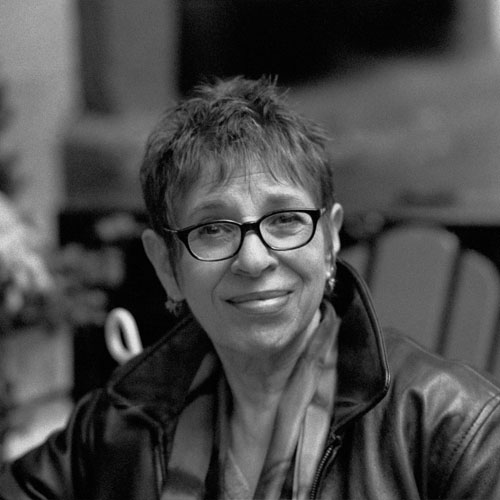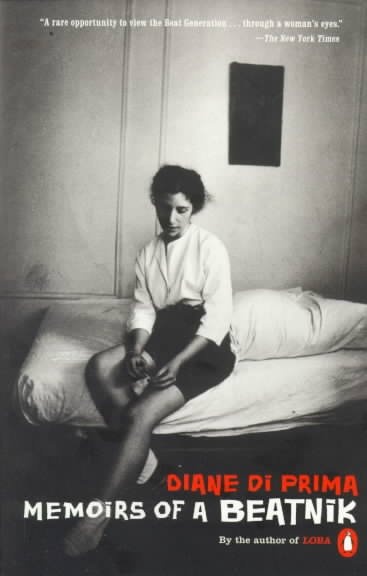
She was born in Brooklyn, a second-generation American of Italian descent. “I am a woman and my poems are women's: easy to say.Beat poet Diane di Prima died today after long illness at 86. The author's literature stands out for being a warm sea of autobiographical experiences in which the writer delicately described her erotic experiences, the testimony of establishing loving ties with different people and, in short, of the diversity of experiences that physical and spiritual freedom brings.ĭiane Di Prima, inexhaustible detractor of political and social impositions, passed away on October 25 in a San Francisco hospital at 86 years old. Of his more than 40 published works, the ones that caught the attention of critics and readers were This kind of bird flies backwards (his first collection of poems) from 1958, the erotic novel Memoirs of a Betnik 1969, the long poem Loba 1978 (expanded twenty years later) and Pieces of a Song: Selected Poems (2001) He also collaborated with the psychedelic community Psychodelic Prayers and with the filmmaker Melanie The Rose for the documentary The Poetry Deal: a film with Diane Di Prima.


However, the scandal of his poetry was a wink of mindfulness and spiritual contact.Ĭlose friend of the poet Ezra Pound, with whom he exchanged correspondence at age 19, was a student of the Hunter Institute and the Swarthmore University, in Manhattan and during the sixties he ventured into painting, photography and collage.Īlthough di Prima is mainly associated with being a bridge between writing beat and the latest wave of artists hippies, his work flies over those horizons.īecause he also edited the literary bulletin floating bear, with the poet Amiri Baraka, co-founded the group New York Poets Theater, and founded the publishing house Poets Press.


While the fifties marked a series of stereotypes that sought to define women and their behaviors, di Prima - influenced by the teachings of his grandfather, the anarchist and tailor domenico mallozi -, sowed a path of insurrectionary concerns that revealed it as a feminist authorand fearless. However, poets as Denise Levertov, Elise cowen, Ruth Weiss, Leonore Kandel, Diane Wakoski and Diane di Prima herself, put their feminine vision plausibly into the opening beatnik.


 0 kommentar(er)
0 kommentar(er)
